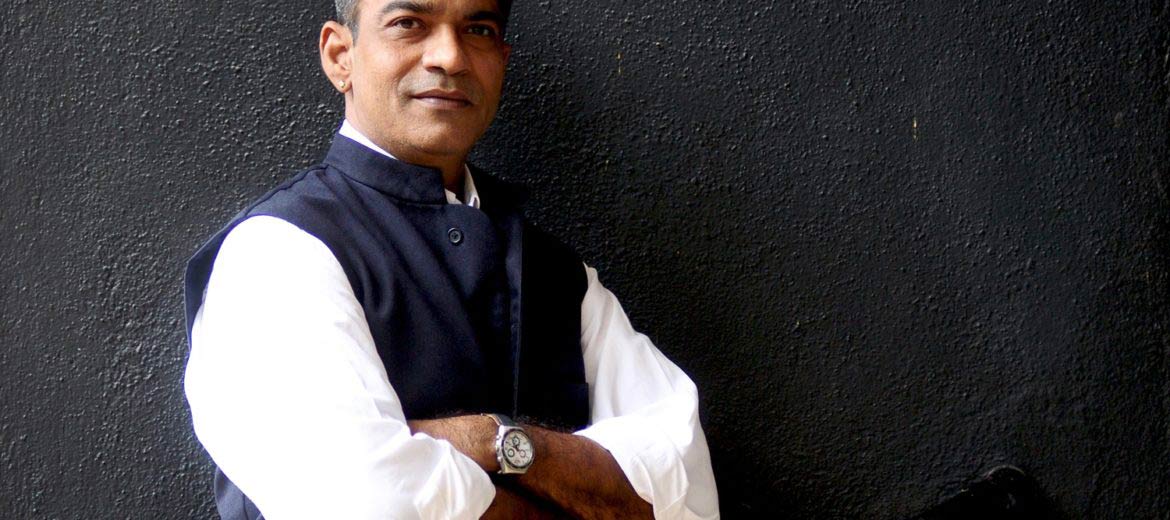Guest Lecture by Mr. Shankkar Aiyar

Guest Lecture by Mr. Shankkar Aiyar on Accidental India – History of Reform
When Need for Change is Sidelined
On 28th September 2016, Symbiosis School of Economics (SSE) organised its third lecture in the series of lectures on Economic Reforms. The theme was “Accidental India: History of Reforms” by Shankkar Aiyar.
Mr. Aiyar is a prominent India-based journalist, analyst, columnist and author. His work of nearly 30 years showcases how politics affects governance, the economy and financial markets. He has also been a Wolfson Chevening Fellow at Cambridge University.
His immense hard work and research put forth in his path-breaking book Accidental India: A
History of the Nation’s Passage through Crisis and Change became the basis and evidence for the lecture.
The talk took us through the story of India’s development, not since the reforms, but going to 70 years ago. Mr Aiyar did not devalue any of India’s reforms, but pointed out that each reform has taken at least a decade to come fruition and were almost always “crisis driven” reforms. With limited land, expanding population and skyrocketing fierce competition on the international ground, India has the urgent need for reforms to transform its future into a sustainable hub of economic activity. He stressed that the second era of liberalization is for India’s millennial generation to take charge, to rebel and revolt for the right reasons. The untapped potential of 1.3 billion people is being wasted of the factor of ‘greed’ at all the echelons of the powers that be. Interspersed with sarcasm and humour, he ensured that he had the audience’s attention the entire time.
The talk ended with this iconic statement: The lament about India is, not what it could not do, but what it could and did not do. It was an enlightening session, reflected by the students’ response and definitely left us pondering about India’s “decide in case of emergency” strategy.


